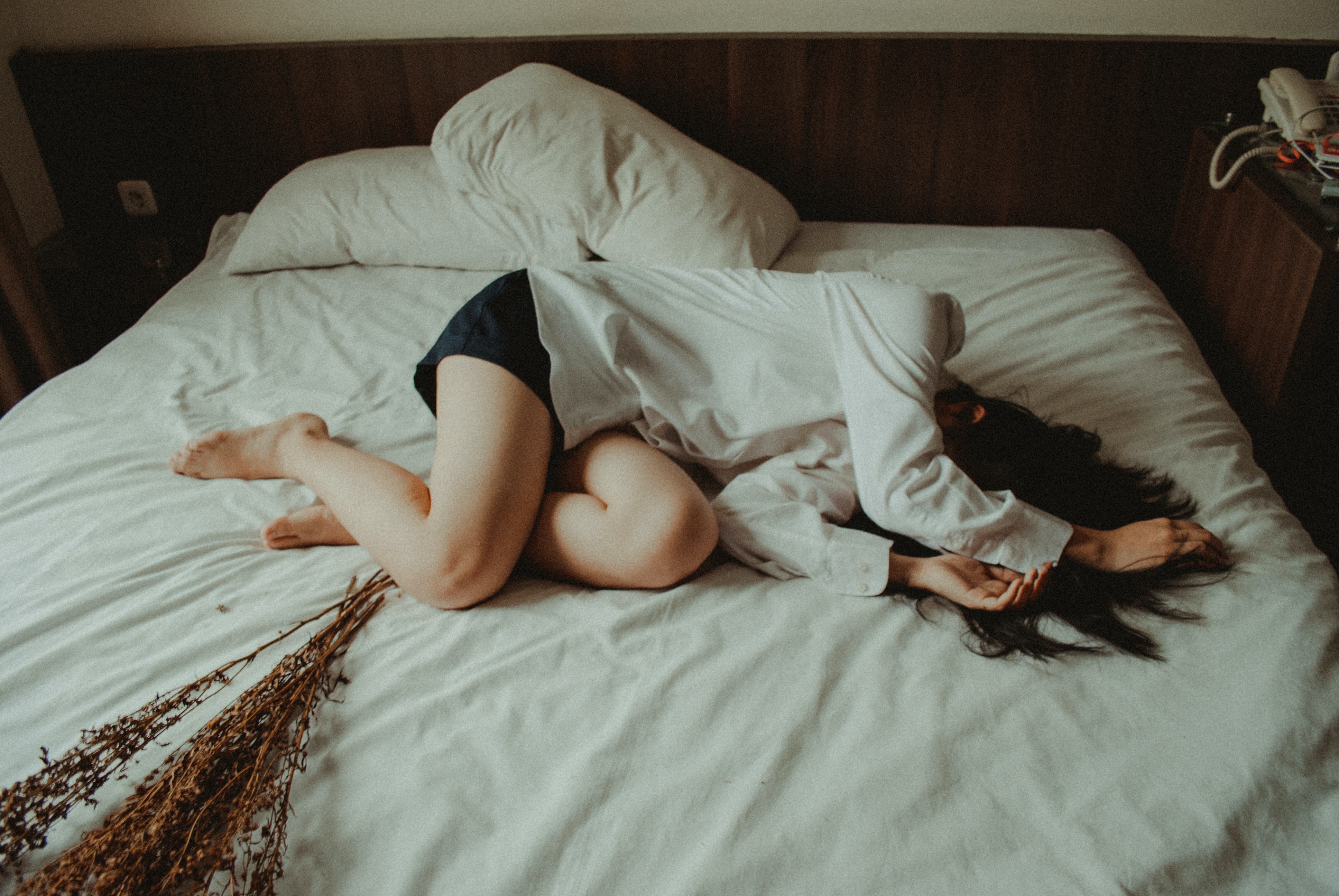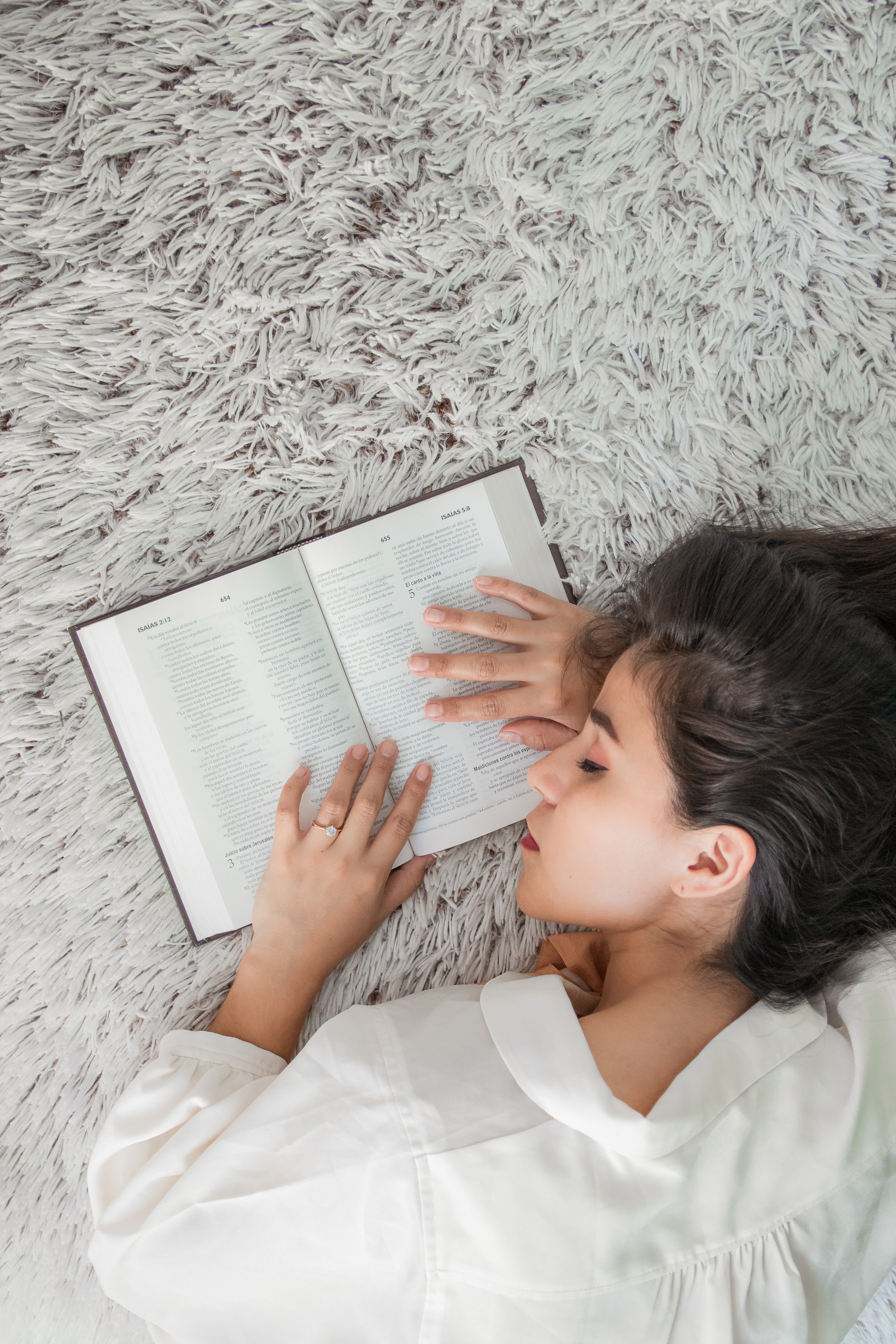Many people still believe in incorrect sleep myths. We’ve all how people will pull all-nighters to get ahead or count sheep until they sleep. Many of these sleep myths aren’t just wrong – they’re unhealthy. These sleep myths can prevent you from getting the rest you need.
Sleep is one of the most important and overlooked things you can do for your health. You need to get rest for countless reasons – memory, performance, health, immunity, and more. You’ll feel happier, smarter, and more alert. You’ll also lower your risk for many diseases and injuries.
A lack of sleep can cause diabetes, cancer, and even car crashes. Yet, a Gallup poll found that only 40% of Americans get enough sleep each night! It’s time to separate fact from fiction.
Here are some of the most common sleep myths:
Sleep Myth #1: Snoring Isn’t a Big Deal
Snoring might not be completely dangerous – certainly, anywhere near the levels of sleep deprivation. But, snoring isn’t always as innocent as it seems. Chronic snorers might suffer from something called sleep apnea. This condition blocks your airways when sleeping, which disrupts your sleep and puts you at risk for many heart-related issues.
Sleep Myth #2: The More Sleep You Get, the Better
Yes, you can get too much sleep. You indeed need 7-8 hours of high-quality sleep, but going over that amount is usually poor sleep. Logging in those extra hours of shuteye can post serious health risks. You will be likelier to develop obesity, heart disease, diabetes, and premature death. Everyone loves sleeping in, but there are times when you must get out of bed and begin your day.
Sleep Myth #3: Spending More Time in Bed Helps Fight Insomnia
If you have trouble falling asleep, spending more time in bed isn’t necessarily the answer. You might just find yourself awake and restless. This act sadly reduces your desire for rest and interrupts your circadian rhythm. Getting a bit of extra rest in the morning will make it harder to sleep at night. It’s better to seek cognitive behavioral therapy and other methods of wellness.

Sleep Myth #4: Pulling an All-Nighter Will Help You Get Ahead
Are you cramming in those extra hours of study time to get ahead? That’s a horrible idea. First, you should be aware of how overworking leads to diminishing returns. Second, a lack of sleep will make it harder for you to remember what you just learned. Sleep plays a vital role in consolidating memories. Lastly, you’ll be tired and irritable the next day. You won’t be able to concentrate, which will impair performance.
Sleep Myth #5: Night Terrors Are the Same as Nightmares
Night terrors and nightmares both happen when you’re asleep. They are both terrifying too. However, they aren’t the same thing. Night terrors are part of a sleep disorder called parasomnia. That means it has more in common with sleepwalking, sleep talking, and bedwetting than bad dreams. Subjects, usually children, experience horrific feelings near the beginning of the night. Most victims don’t remember them the morning after, unlike nightmares.
Sleep Myth #6: If You Can’t Sleep, Just Lie in Bed Until You Do
It’s far too common for people to stay up awake until they finally fall asleep. They lie still in bed, hoping that they will soon doze off. Before you know it, you’ll always be awake during the early morning hours. After 15-20 minutes of sleeplessness, you should get out of bed and do something relaxing. Read a book, listen to calming music, or meditate. Keep doing this until you start to feel drowsy again. Avoid blue light from televisions, phones, and computers.
Sleep Myth #7: Yawning is Always a Sign of Tiredness
People do yawn when tired, but that’s not the only reason. Yawning is contagious. When one person does it, others usually follow. In fact, about 60% of people will yawn once someone else starts. It doesn’t mean that those other people are necessarily sleepy. Researchers think that it might have been a social cue from our ancestors.
Sleep Myth #8: Roll Down the Window and Listen to Music to Keep Yourself Awake During Driving
It’s debatable if these techniques actually work. Many will say that they don’t, but some research has found that cold wind can make you more alert for about 15 minutes. They may come in handy for those 10-minute drives home, but not for long road trips. It’s better to take a nap or drink coffee. If possible, avoid driving between midnight and 6 am as that’s when you’ll be sleepiest.

Sleep Myth #9: Catch Up on Missed Sleep During the Weekend
You might have had a busy week from school and work. Every weekday involves getting up early and staying up late. Luckily, it’s almost the weekend, and you can’t wait to get some much-deserved shuteye.
The sleep debt myth is one of the worst misconceptions about sleep. Sleeping in during the weekends will mess up your body’s circadian rhythm. Sleep experts say that this will only make you more tired next week. You should instead try to take naps and not stay up so late on weekdays.
Sleep Myth #10: Everyone Needs Eight Hours of Sleep
According to the Sleep Foundation, people need a certain amount of sleep, depending on their age group. Babies under a year old need a minimum of 12 to 14 hours. Children under 13 need at least nine hours of sleep each night. Pre-teens and teenagers should get at least 8 or 9 hours a night. Adults anywhere from 18 to 65 should get at least 7 or 8 hours a night.
Sleep Myth #11: Watching TV Helps You Fall Asleep
Plenty of people like to watch TV until they go to bed. It’s tempting to put on your favorite Netflix series and watch it until you pass out. However, turning off the TV is the best thing you can do to get a good night’s sleep.
TV before bed is a bad habit as the blue light from the television screen will keep you awake. Your circadian rhythm determines when you wake or rest depending on the amount of light you see. Blue light tricks your body into believing it’s daytime, keeping you awake.
Sleep Myth #12: Count Sheep to Fall Asleep
Here’s a blast from the past that you probably heard in your childhood. Researchers put this hypothesis to the test and found the opposite – counting sheep makes it longer for you to fall asleep. That’s because counting sheep keeps your brain awake and active. The best thing to do is to let your thoughts flow naturally.
Sleep Myth #13: Don’t Exercise Before Going to Bed
The science is a bit mixed on this one. Some studies show that working out before bed will make your body tired enough to make you go to sleep. Others will say that it keeps you awake due to adrenaline. A National Sleep Foundations poll in 2013 found that those who exercised at any time of day slept better than those who didn’t exercise. Keep in mind that the New Health Advisor said that you should do cardio in the afternoon and weight exercises between 5:00 pm and 7:00 pm. It’s hard to pin down an ideal time with so many mixed results. However, many experts recommend finishing your workout at least two hours before bedtime.
Conclusion
People get a lot wrong about sleep. Many of these sleep myths are wives’ tales or urban legends passed through word of mouth. Knowing the correct facts about sleep will ensure that you always get a good night’s rest.


